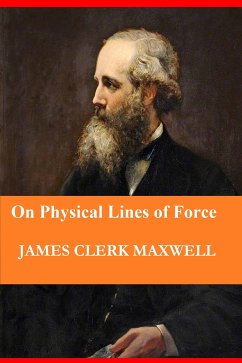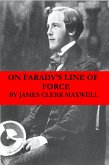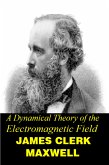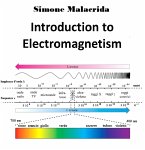"On Physical Lines of Force" is a four-part paper written by James Clerk Maxwell published in 1861. In it, Maxwell derived the equations of electromagnetism in conjunction with a "sea" of "molecular vortices" which he used to model Faraday's lines of force. Maxwell had studied and commented on the field of electricity and magnetism as early as 1855/6 when "On Faraday's Lines of Force" was read to the Cambridge Philosophical Society. Maxwell made an analogy between the density of this medium and the magnetic permeability, as well as an analogy between the transverse elasticity and the dielectric constant, and using the results of a prior experiment by Wilhelm Eduard Weber and Rudolf Kohlrausch performed in 1856, he established a connection between the speed of light and the speed of propagation of waves in this medium.
The paper ushered in a new era of classical electrodynamics and catalyzed further progress in the mathematical field of vector calculus. Because of this, it is considered one of the most historically significant publications in physics and science in general, comparable with Einstein's Annus Mirabilis papers and Newton's Principia Mathematica.
This book includes the following:
Part I: The Theory of Molecular Vortices applied to Magnetic Phenomena1
Part II: The Theory of Molecular Vortices applied to Electric Currents29
Part III: The Theory of Molecular Vortices applied to Statical Electricity67
Part IV: The Theory of Molecular Vortices applied to the Action of Magnetism on Polarized Light92
Footnotes111
The paper ushered in a new era of classical electrodynamics and catalyzed further progress in the mathematical field of vector calculus. Because of this, it is considered one of the most historically significant publications in physics and science in general, comparable with Einstein's Annus Mirabilis papers and Newton's Principia Mathematica.
This book includes the following:
Part I: The Theory of Molecular Vortices applied to Magnetic Phenomena1
Part II: The Theory of Molecular Vortices applied to Electric Currents29
Part III: The Theory of Molecular Vortices applied to Statical Electricity67
Part IV: The Theory of Molecular Vortices applied to the Action of Magnetism on Polarized Light92
Footnotes111









